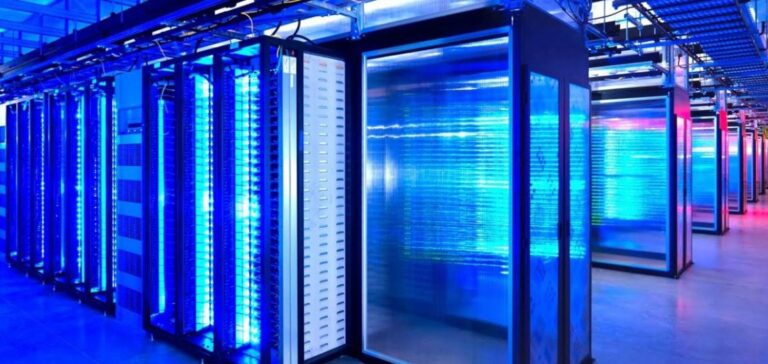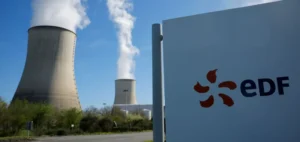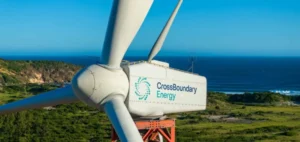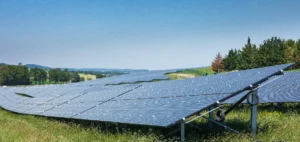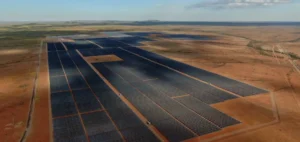Artificial intelligence, and in particular generative language models such as ChatGPT, require enormous computing power to train on billions of data sets. This requires powerful servers that consume electricity and generate heat, necessitating energy-hungry cooling systems. According to the International Energy Agency (IEA), around 40% of data center electricity is used to power servers, and 40% to cool them. Each query to generative AI uses on average ten times more energy than a Google search, exacerbating the need for investment in new data centers by giants like Google, Amazon and Microsoft. Nevertheless, AI could also play a part in industrial decarbonization.
Data center power consumption
Before the rise of AI, data centers accounted for around 1% of the world’s electricity consumption. With the addition of AI and cryptocurrencies, their consumption in 2022 amounted to 460 Twh, or 2% of global production, a figure that could reach 1,000 Twh by 2026, equivalent to Japan’s electricity consumption. Alex de Vries, an economist at the Free University of Amsterdam, estimates that AI-dedicated servers could consume between 85.4 and 134 Twh per year, comparable to Argentina’s consumption.
Adapting data centers
Fabrice Coquio of Digital Realty, a company managing a data center near Paris, says AI will transform this sector. Servers with high computing power require advanced cooling systems, sometimes using water pumped directly into the equipment. AI imposes specific server, storage and communication requirements, intensifying energy challenges.
Response from the tech giants
Faced with growing electricity consumption, major technology companies are investing in renewable energies. Google, Amazon and Microsoft have set themselves carbon neutrality targets. AWS is aiming for zero carbon emissions by 2040, Google is predicting net zero emissions by 2030, and Microsoft is aiming for a negative carbon footprint by the same date. However, the explosion of AI is making these ambitions more complex, as Microsoft president Brad Smith has acknowledged.
Artificial intelligence, while promising, poses major energy challenges. Managing these growing electricity needs and switching to renewable energy sources will be key to balancing technological innovation and environmental sustainability.


